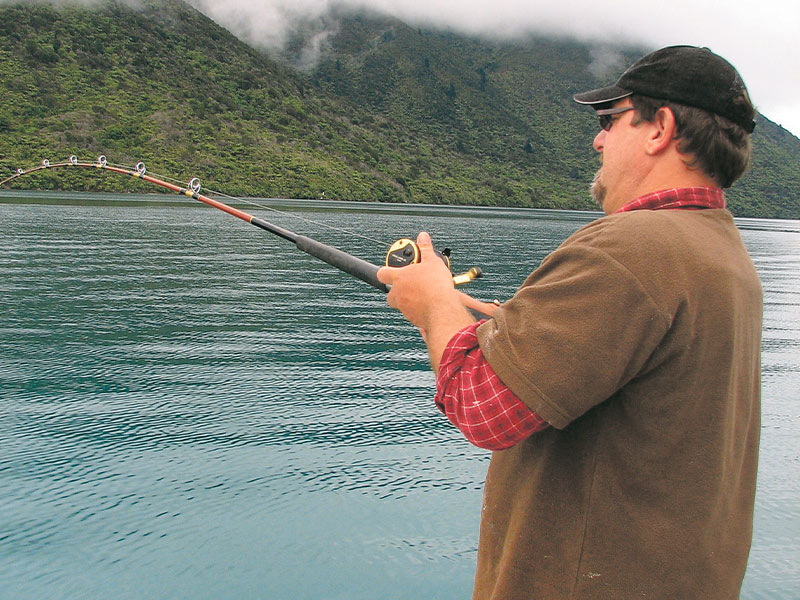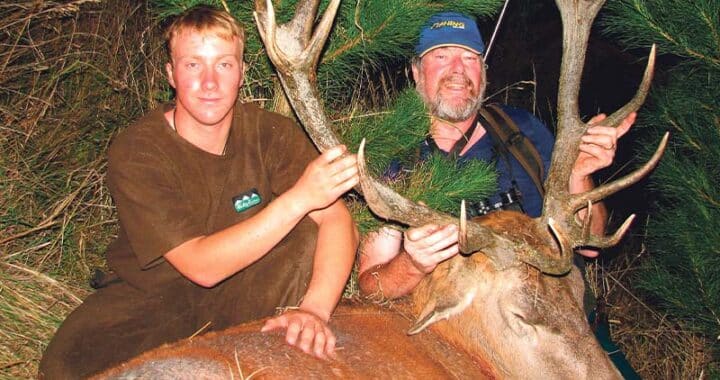Mastering the mental game: the importance of focus in fishing
3 min read
Hooked up to a good snapper. Photo: Tony Orman
Fishing, fundamentally, is a sport and a source of fun and relaxation where the mindset becomes the key to unlocking angling success. Similar to the top goal kickers in rugby or the precision of professional golfers, fishing also demands a strong mental approach. It’s not just about the gear; it’s about the mindset.
Much like the great American professional golfer Ben Hogan, who’s generally regarded as one of the greatest players in the history of the game, winning nine major championships and 63 professional golf tournaments in his prime years, anglers too can learn a thing or two from the mental fortitude that defined Hogan’s success.
Hogan mentally rehearsed each shot before he made it. Other golfing authorities have agreed that the mental side of golf is 90% of the success at the game. Fishing is no different. In fact, that 90% philosophy finds resonance, with the oft-quoted statistic suggesting that 90% of the fish are caught by 10% of the anglers.
So what sets those 10% of anglers apart? It’s not the gear, otherwise, buying the top fishing tackle would guarantee any and every angler success.
Take the story of a South Island trout fly fisherman named Jim, who was incredibly gifted and proficient. When I first met him in the early 1970s, he used a fibreglass rod called a ‘Robin Hood’ model, which was marketed as a youngster’s rod.
Jim used this rod for years and caught hundreds of trout each summer, releasing most of them. What’s more, he caught some big fish, and it was eventually a large brown trout of some 3kg that combined with the upper Buller River’s boisterous flow that broke the rod. He then moved on to a carbon graphite fly rod.
Jim’s fishing was based not only on his knowledge of the trout’s diet and the various insect forms that comprised its food but also on a keen sense of observation and a strong focus when fishing.
The same is true with sea fishing. I remember a snapper fishing trip in particular with Rob and his partner Robyn, both exceptionally good anglers. Rob was a jolly fellow, often given to wisecracks, banter, and telling jokes. On this particular day, he and I were clowning around while fishing. Robyn, on the other hand, preferred to go up to the bow of the boat away from the banter.
There she sat, heron-like, focusing on her rod tip and line. While Rob and I exchanged chatter, she caught four fine snapper; we managed a fish each. The reason for her success and our failure was clear: she was focused.
Though fishing is a great hobby, it does require a great deal of attention. When fishing, you should be focused on the task at hand; this act of focusing on how to present your bait or lure techniques not only enhances angling skills but also takes your mind off the day-to-day stresses.
Studies attest to the mental health benefits of fishing, even aiding those with Attention Deficit Hyperactivity Disorder.
In a world tethered to mobile phones and computers, fishing is an escape – an opportunity to leave behind the digital realm and concentrate on the task at hand.
At the end of the day, you go fishing to catch fish, but the focus starts long before casting a line; observing and analysing the tide, water clarity, wind strength, and direction – all precede the satisfaction of a well-earned catch. Psychiatrists call it self-esteem.
Even experienced, successful anglers know that fishing requires an eagerness to learn and succeed. Studies reinforce this, indicating that those who set goals and are challenged to learn more, develop higher levels of happiness and self-esteem.
So, as the summer season beckons and the lines are cast, remember that fishing isn’t merely about catching fish; it’s a mental game, a journey of focus, learning, and self-discovery where success is measured not just in catches but in the joy of pursuit.
Words by Tony Orman



